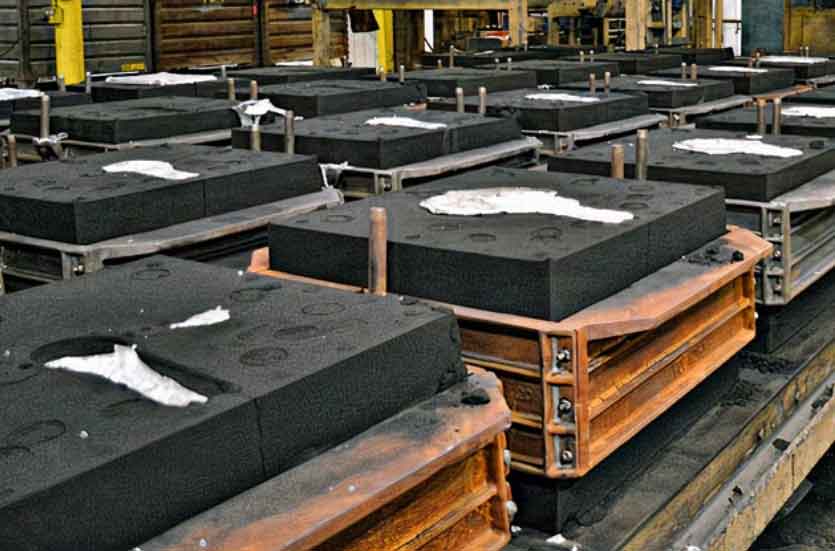Resin sand casting has made significant strides in recent years towards achieving environmental excellence and adopting eco-friendly practices. Manufacturers and foundries are increasingly recognizing the importance of sustainability and are implementing various measures to minimize the environmental impact of the casting process. Here are some eco-friendly aspects of resin sand casting:

1. Reduced Waste:
Resin sand casting generates less waste compared to other casting processes. The sand used in the molds can be recycled and reused multiple times, reducing the need for frequent disposal. Additionally, advancements in sand reclamation technologies allow foundries to efficiently reclaim and recondition used sand for future casting projects, further minimizing waste generation.
2. Environmentally Friendly Binders:
The resins used as binders in resin sand casting have become more eco-friendly over the years. Manufacturers have been developing low-VOC (volatile organic compound) and environmentally friendly resins, reducing harmful emissions during the mold-making and casting processes.
3. Energy Efficiency:
Resin sand casting generally requires lower temperatures compared to some other casting methods. This lower energy requirement translates into reduced energy consumption and lower greenhouse gas emissions during the metal casting process.
4. Emission Reduction:
Foundries are increasingly adopting cleaner energy sources and more efficient processes to reduce emissions. By optimizing melting and pouring techniques, foundries can minimize air pollution and greenhouse gas emissions, contributing to a more sustainable casting process.
5. Water Conservation:
The resin sand casting process often requires less water compared to some other casting methods. This reduced water usage helps conserve water resources, especially in regions facing water scarcity.
6. Closed Loop Cooling Systems:
Some foundries implement closed-loop cooling systems for metal casting to reduce water consumption. These systems recirculate and cool the water used during the metal solidification process, decreasing overall water usage.
7. Green Sand Option:
In addition to resin-coated sand, green sand can also be used in some resin sand casting applications. Green sand is a mixture of sand, clay, and water, and it is considered more environmentally friendly as it does not require the use of synthetic resins.
8. Life Cycle Assessment:
Forward-thinking foundries conduct life cycle assessments (LCAs) to evaluate the environmental impact of the entire casting process. By identifying areas of improvement, they can implement strategies to further reduce the environmental footprint of resin sand casting.
9. Responsible Waste Management:
Foundries are increasingly adopting responsible waste management practices, ensuring that any hazardous waste generated during the casting process is handled, stored, and disposed of properly, following environmental regulations.
As sustainability becomes a key focus across various industries, resin sand casting continues to evolve and incorporate more environmentally friendly practices. By embracing eco-friendly approaches, the foundry industry is striving to achieve environmental excellence and contribute positively to a more sustainable future.
